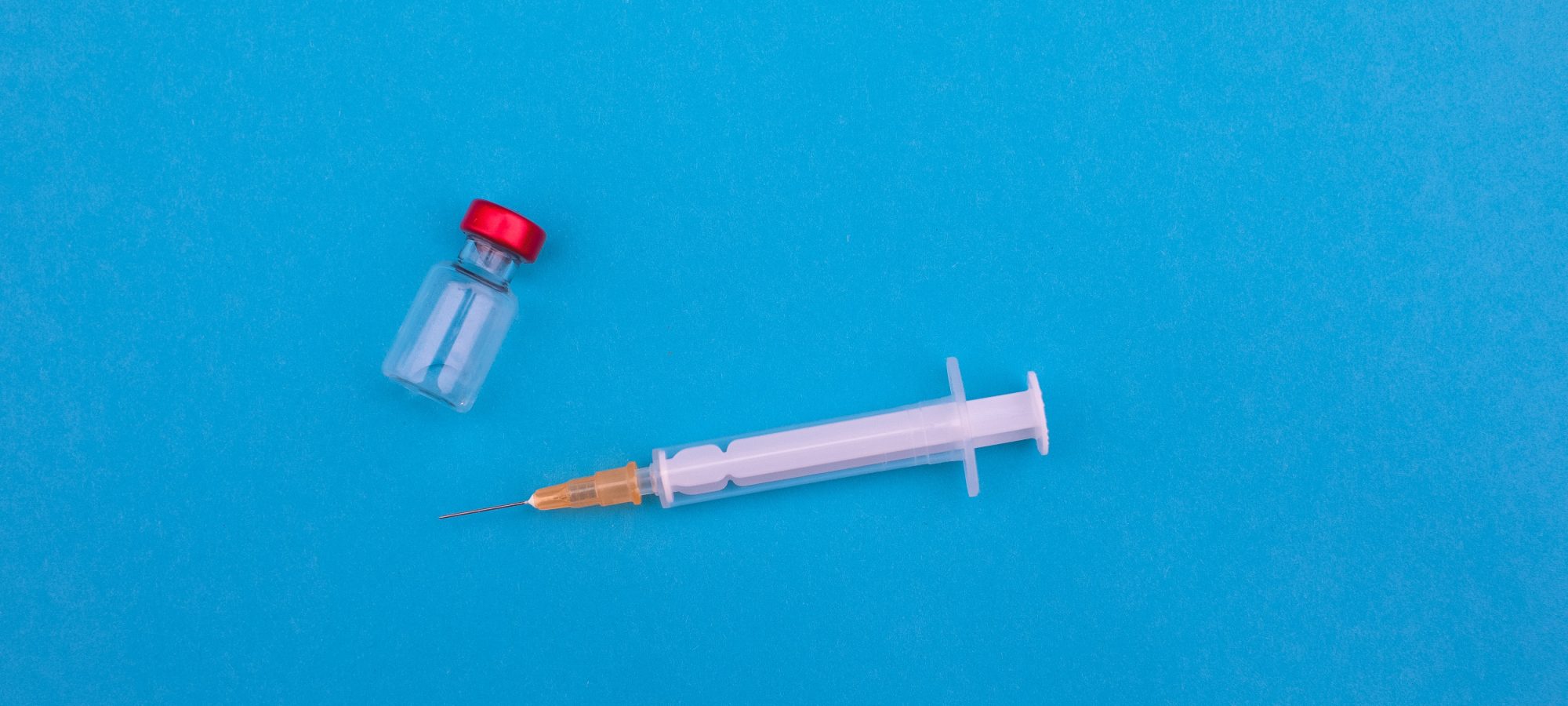Last month, European and African Heads of State met for the 6th European Union and African Union Summit in Brussels, held two years later than originally planned due to the coronavirus pandemic. Overall, the Summit was successful, with indications that the EU intends to move away from a bilateral approach to Africa and towards true partnership.
The two Unions put forward a message of unity and a joint vision for 2030 that is intended to tackle both immediate challenges – for example, rebuilding from the pandemic and providing equitable access to vaccines, and long-term priorities – such as climate change, the health of populations and education. Ursula von der Leyen, President of the European Commission, stressed the importance of secure and sustainable trade, which in turn will facilitate better digital connections, agriculture, green energy, healthcare, and disease prevention and treatment.
However, the Summit did not result in agreement on all issues. The EU committed to providing a total investment package of €150 billion for Africa over the next seven years, but it has not met specific African demands relating to the continued usage of gas and fossil fuels, or the waiving of intellectual property rights on COVID-19 vaccines. It would be in the interest of both parties to find solutions to any remaining stumbling blocks and show the strength of this reinvigorated partnership. This is especially true as in recent years African countries have turned towards bilateral lenders such as China, who has initially appeared more willing than the EU to provide finance and infrastructure with far fewer conditions.
Arguably, the most important demonstration of EU-AU partnership in the coming years will be the development and distribution of the RTS,S malaria vaccine across Africa. Although a promising new tool in the fight against malaria, the vaccine will require global collaboration for further development and distribution at scale. The AU will need the finances of the EU (and other vaccine partners), just as the EU will need the coordination and resources of the AU for distribution.
Malaria Consortium welcomes greater EU-AU collaboration, and we acknowledge that although there is plenty of work to be done, this Summit is a step in the right direction. For nearly twenty years, we have supported African governments, ministries of health, and national malaria programmes to deliver life-saving malaria and communicable disease treatments and services. The close links we have forged in this time enable us to serve as an expert partner, reinforced last year by our confirmation as an Independent Research Organisation (IRO). We promote and encourage African research, science, partnerships and leadership to drive down the malaria burden, which is more important than ever after the disruption to progress caused by COVID-19.
Jamie Power is Advocacy Manager at Malaria Consortium
Header image: Markus Spiske
